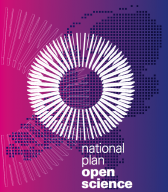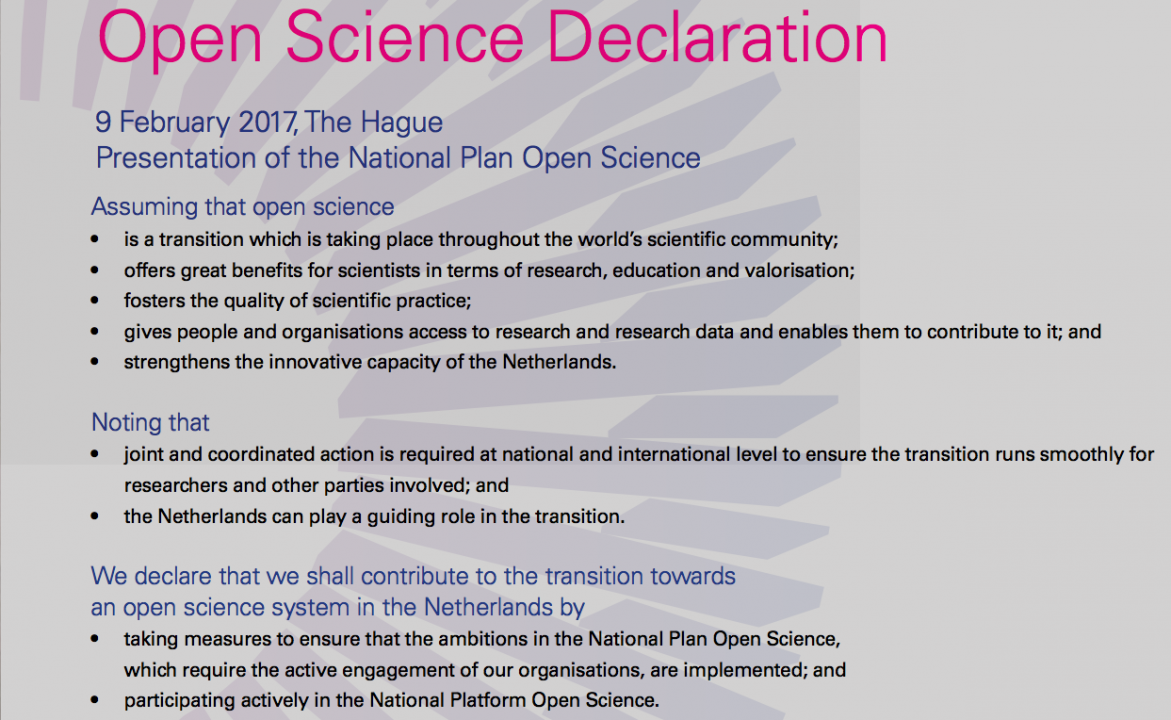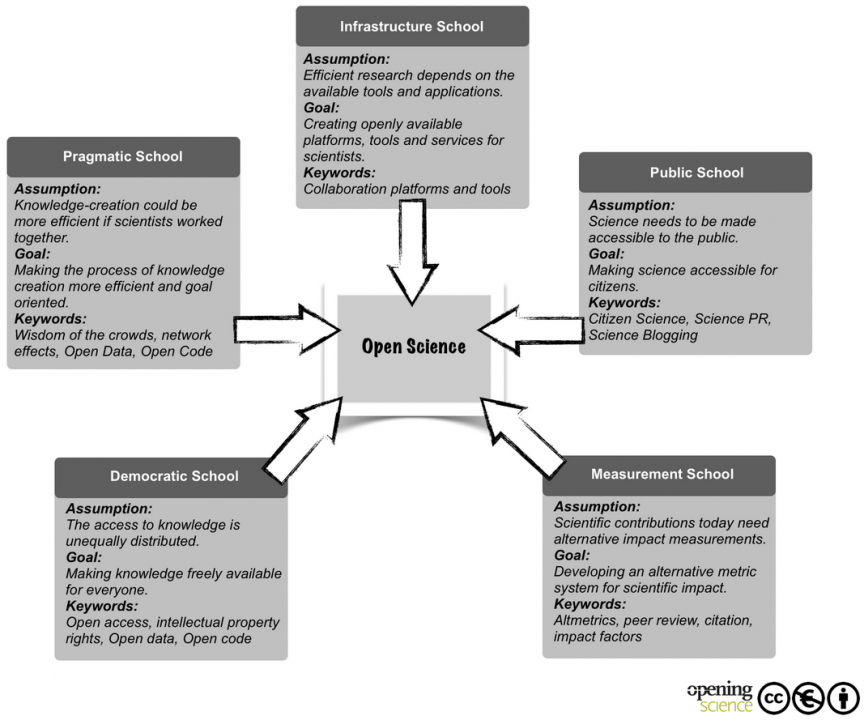Dutch National Open Science Plan
Last week the Dutch National Plan Open Science was presented. The plan was written by a team led by my colleague Wilma van Wezenbeek (TU Delft Library Director). The key ambitions of the plan are: 
- Full open access to publications in 2020
Continue the Dutch approach for all Dutch research organisations and research areas whilst recognising their differences and similarities. - To make research data optimally suited for reuse
To set clear and agreed technical and policy-related preconditions to facilitate reuse of research data, including provision of the necessary expertise and support. - Recognition and rewards
To examine together how open science can be an element of the evaluation and reward system for researchers, research groups and research proposals. - To promote and support
To establish a ‘clearing house’ for all information regarding all available research support.
Important is that the plan is not only focusing making publications open access, but also change the evaluation and reward system for researchers.
The key ambitions are divided into sub ambitions:
| Full open access to publications | Making research data optimally suitable for reuse | Recognition of and rewards for researchers | Promoting and supporting open science |
|---|---|---|---|
|
|
|
|
Open Science Declaration
Next to the plan there was also an open science declaration signed by many organisations:
- Researchers at Dutch universities, KNAW, De Jonge Akademie, Het Promovendi Netwerk Nederland, PostdocNL.
- Universities, research institutes and libraries: VSNU, NFU, VH, KB, UKB, CvDUR.
- Government and funding organisations: OCW, EZ, NWO, ZonMw.
- Supporting organisations and science platforms: DANS, Netherlands eScience Center, DTL, 4TU.Centre for Research Data, SURF, LCRDM, Data4lifesciences en Health-RI.

Open Science is more than research
An important thing I noticed when reader the plan is that it only focuses on research. Open Science is an umbrella term encompassing a multitude of assumptions about the future of knowledge creation and dissemination, including education. Benedikt Fecher & Sascha Friesike (2014) wrote a book about this, in which they identified five Open Science schools of thought:
The infrastructure school (which is concerned with the technological architecture), the public school (which is concerned with the accessibility of knowledge creation), the “measurement school”(which is concerned with alternative impact measurement), the “democratic school”(which is concerned with access to knowledge) and the “pragmatic school” (which is concerned with collaborative research):

For me Open Science is making science available for everyone. Education is an important way to share knowledge and learn others how to apply this knowledge.
I notice that policy makers in government don't like a broad definition. The mean reason is that different departments have to work together for this. A narrow definition makes it easy, but i'm not sure if we are really changing the mindset of researchers and educators. Going trully open means a change in culture within the academic world.
Reference
- OCW (2017, 9 February). National Plan Open Science. DOI: 10.4233/uuid:9e9fa82e-06c1-4d0d-9e20-5620259a6c65 CC-BY 4.0
- Fecher, Benedikt; Friesike, Sascha (2014). "Open Science: One Term, Five Schools of Thought". Opening Science. doi:10.1007/978-3-319-00026-8_2. CC-BY-NC
No feedback yet
Form is loading...
